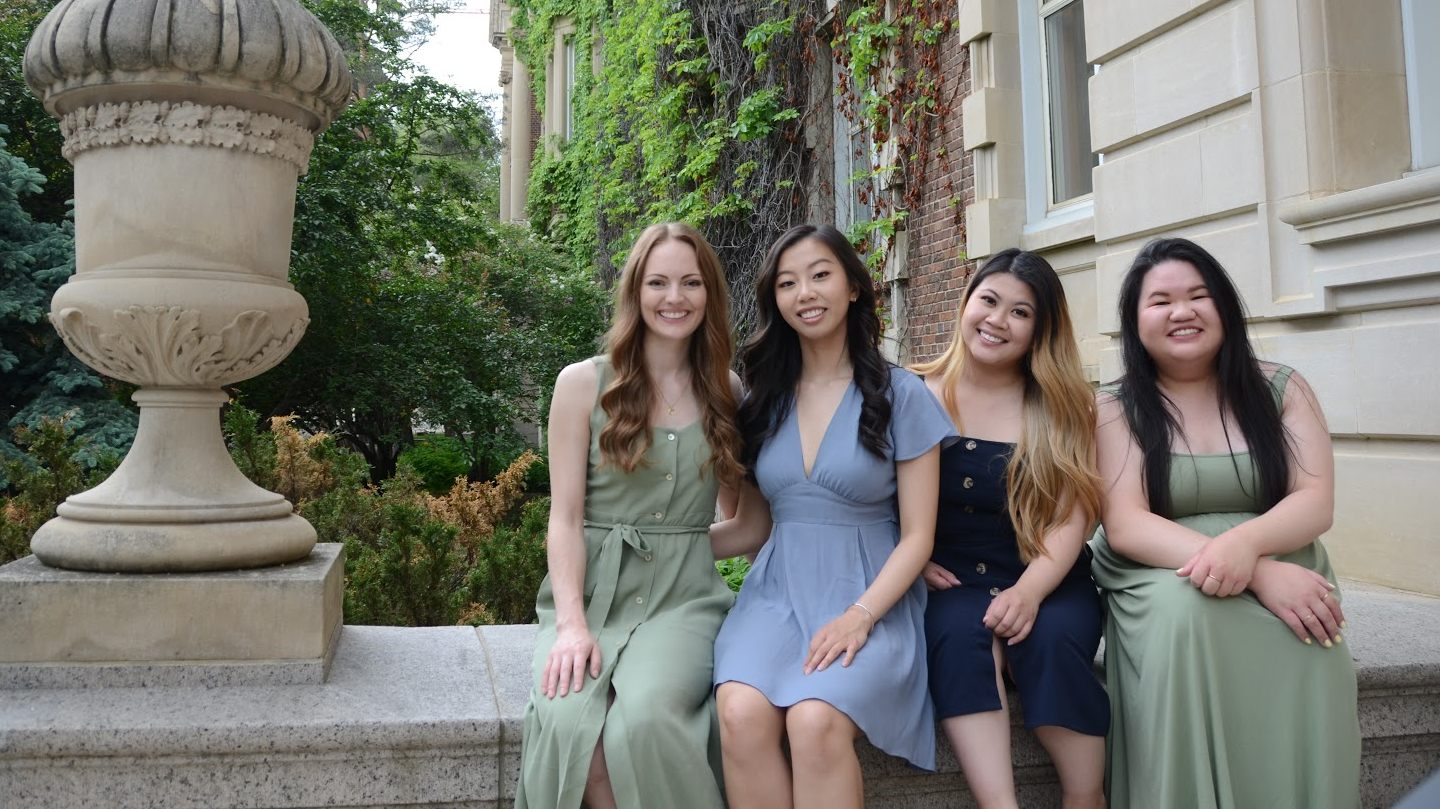A new study led by a group of recently graduated radiation therapy students at the University of Alberta shows that many in the profession feel more training is needed to properly care for cancer patients in the LGBTQ2SPIA+ community.
The team—Samantha Chan, Samie Ly, Jordyn Mackie and Serena Wu—sent out a 22-question survey to a selection of practising radiation therapists in Canada. The sample size was relatively small, with 214 radiation therapists completing the survey, but the results highlighted distinct areas for improvement.
More than 90 per cent of respondents indicated that being conscious of this community was important to them, yet more than 70 per cent were unfamiliar with all terms referenced in the LGBTQ2SPIA+ abbreviation—short for lesbian, gay, bisexual, trans, queer, two-spirit, pansexual, intersex, asexual, plus—and 34.5 per cent reported rarely or never adapting their practice behaviour when caring for this community.
“The health-care realm can be so unwelcoming for patients in this population, and so a lot of them seek help much later,” said Chan, who graduated last June along with her three collaborators. “In fact, the data show they’re three times less likely to seek help or have a regular health-care provider than age-matched heterosexual patients. This can lead to cancer detected in later stages.”
According to the researchers, when certain practices aren’t adapted, there can be distrust built between a patient and health-care provider that may have a negative impact on the patient’s experience from the outset, and potentially even risk their quality of care if they feel uncomfortable disclosing certain information.
Adapting practices can involve something as simple as asking who a patient brought with them as part of their health-care team, rather than reinforcing heteronormative standards by asking whether a patient has brought their husband or wife.
“The end goal is to treat everyone equally, with the same respect and the same dignity, and sometimes it just comes down to the wording and how people interpret it,” said Ly.
The survey also identified a lack of overall education as another area for improvement. About 86 per cent of respondents said they would be interested in receiving more education on caring for this population, with only 17.3 per cent indicating they had received adequate information in the past.
The researchers say the issue begins at the student level, citing a 2018 paper showing that, of the countless education hours U.S. medical students receive, just five hours on average are devoted to LGBT content.
“That seems like a very small amount in proportion to the patient population,” said Wu.
At the professional level, the team believes problems arise from the lack of literature on the subject itself, along with the difficulty of finding the limited resources that do exist.
“We actually had some open comments from respondents saying they tried to research on their own time, and just weren’t able to find resources,” said Ly.
Next steps involve surveying a larger population of radiation therapists and potentially widening the perspective to other health-care professionals in Canada, creating a more comprehensive survey that could rival some of the work done on the topic in the United States. The group is also interested in getting patients’ perspectives on what resources are needed and what it’s like to go through the radiation therapy journey, so therapists are better able to address any pain points.
“The ultimate goal of our study was really to identify where these gaps in knowledge are,” said Ly. ”Hopefully this will lead to future research to identify more gaps and where the supports are needed so we can begin to address that disconnect [between desire to learn/adapt practices, and actually doing so].”
The study, “A survey of Canadian radiation therapists’ perspectives on caring for LGBTQ2SPIA+ cancer patients,” was published in the Journal of Medical Imaging and Radiation Sciences.
